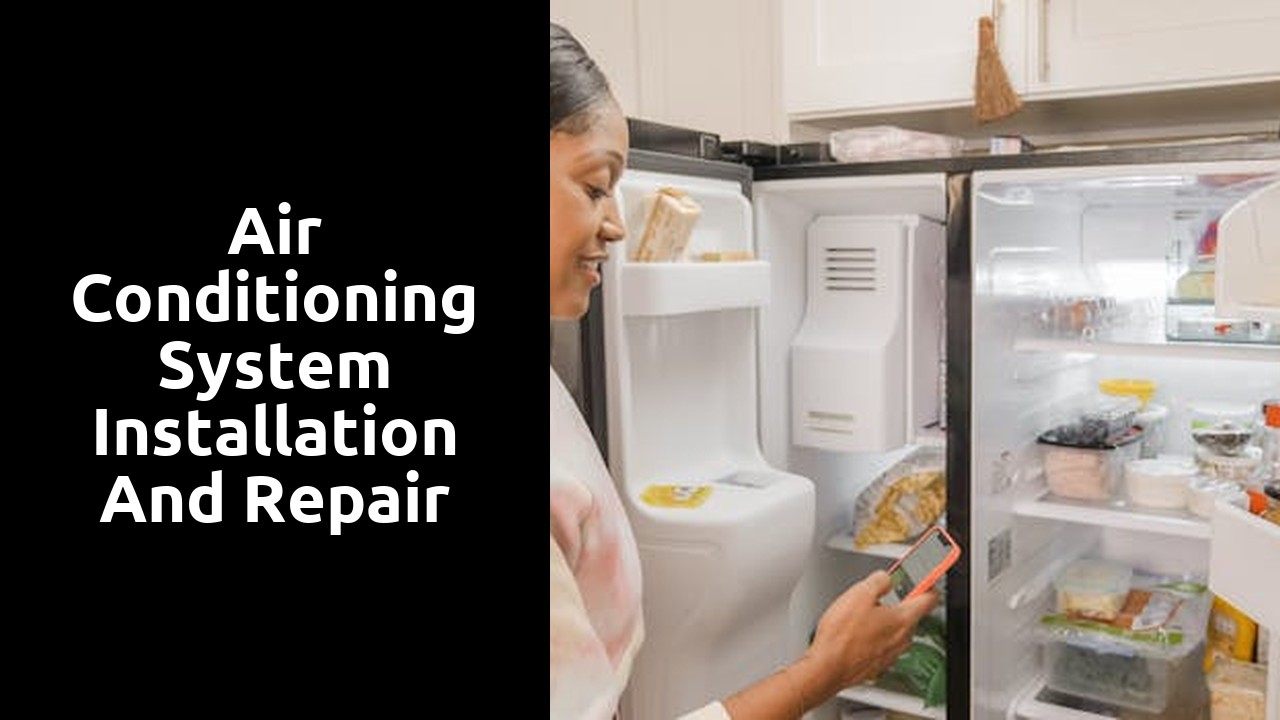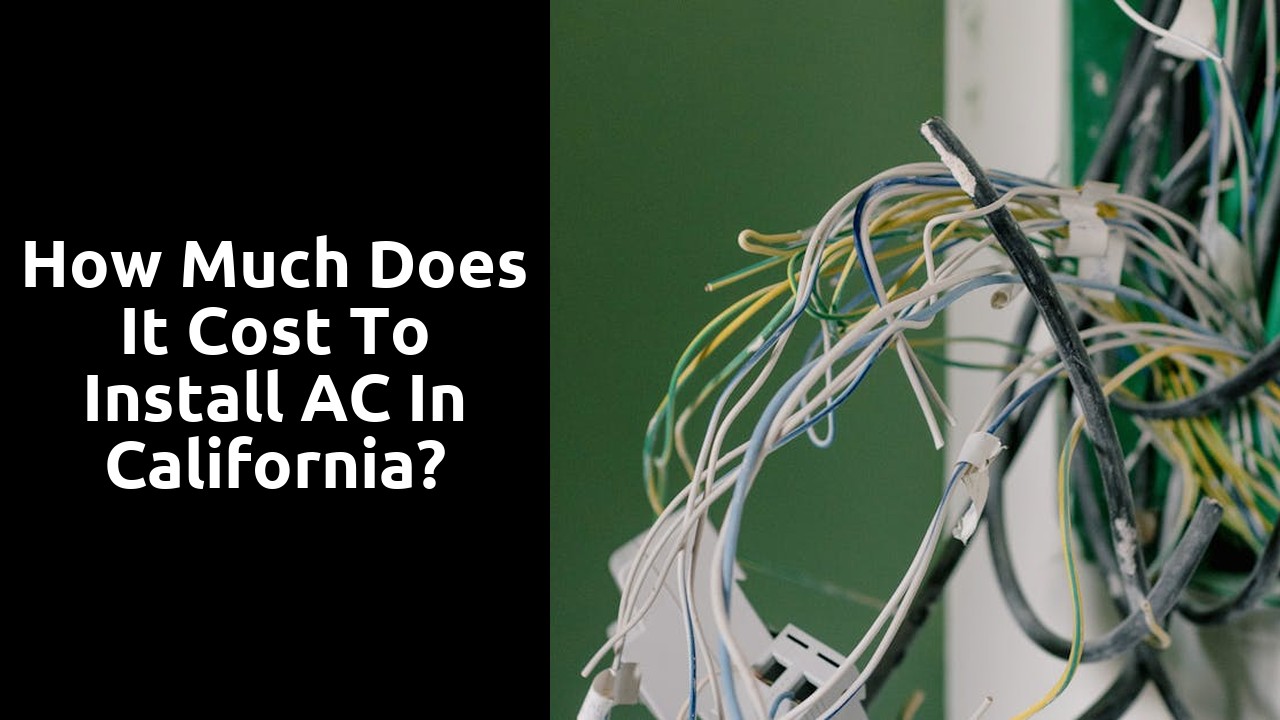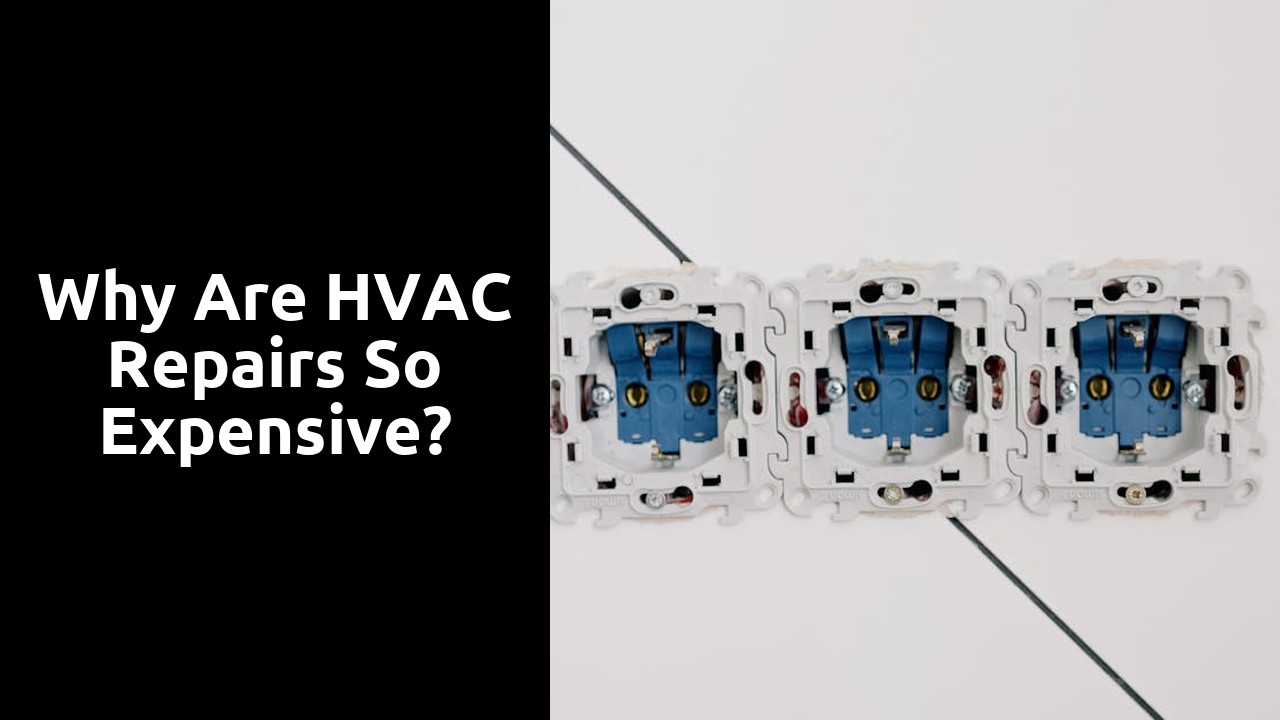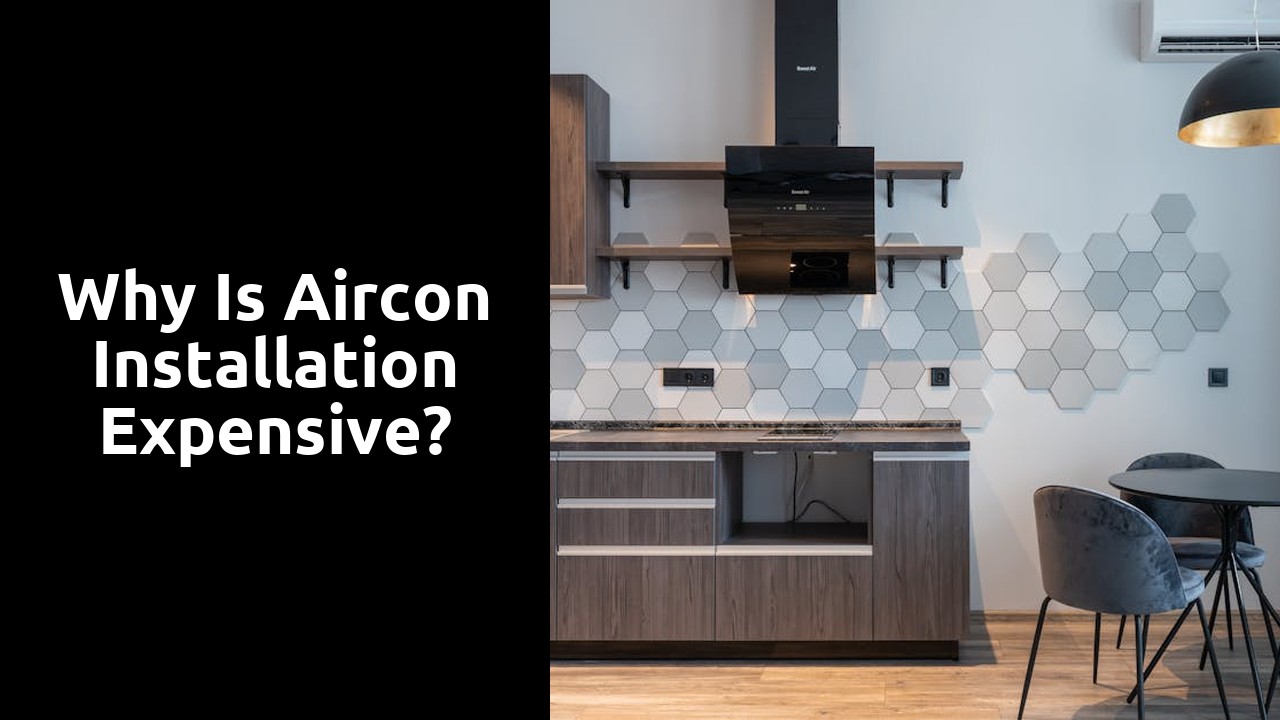
Air Conditioning System Installation and Repair
A reputable HVAC Contractor specializes in providing comprehensive services related to air conditioning system installation and repair. When it comes to installation, the contractor will assess the specific requirements of the property to determine the most efficient and effective system to meet the needs of the space. They will then expertly install the system to ensure optimal performance and energy efficiency. In the event of a breakdown or malfunction, the contractor will promptly diagnose the issue and provide reliable repair services to get the air conditioning system up and running smoothly again. With their expertise and dedication to customer satisfaction, a skilled HVAC Contractor is the go-to professional for all air conditioning needs.
Energy Efficiency Tips
To ensure your air conditioning system operates at its peak efficiency, there are several energy-saving tips you can implement at home. One effective way is to utilize ceiling fans in conjunction with your AC unit to help circulate cool air more efficiently. By using fans strategically, you can create a breeze effect that will make the room feel cooler, allowing you to set your thermostat a few degrees higher without sacrificing comfort.
Another energy-saving practice is to seal any air leaks in your home, particularly around windows and doors. Air leaks can allow cool air to escape and warm air to seep in, forcing your AC system to work harder to maintain the desired temperature. By properly sealing these leaks with weatherstripping or caulking, you can prevent energy wastage and reduce the workload on your air conditioner, ultimately leading to lower energy bills.
Setting Programmable Thermostat for Optimal Savings
For optimal savings, setting your programmable thermostat correctly is crucial. During the summer months, set your thermostat to 78°F (25.5°C) when you are at home and raising it a few degrees when you are away can help save on energy costs. When you're asleep, consider setting the thermostat slightly higher as your body temperature naturally decreases during rest.
During the winter, aim to keep your thermostat around 68°F (20°C) when you're home and lower it when you are away or asleep to save on heating costs. Programmable thermostats allow you to customize temperature settings according to your schedule, ensuring comfort when needed and energy savings when you're not home. By making small adjustments to your thermostat settings, you can see noticeable savings on your energy bill without compromising your comfort.
Common AC Problems
Common AC problems can arise from various issues, with refrigerant leaks and low levels being one of the most frequent culprits. When the refrigerant levels are insufficient, it can lead to decreased cooling efficiency and potential damage to the compressor. It is crucial to address any leaks promptly and have a professional technician refill the refrigerant to its proper levels to ensure the optimal performance of your air conditioning system.
Another common AC issue that homeowners face is a malfunctioning thermostat. A faulty thermostat can lead to incorrect temperature readings, resulting in either insufficient cooling or excessive cooling in your home. It is essential to regularly check and calibrate your thermostat to ensure it is accurately sensing and regulating the indoor temperature. If you encounter persistent temperature discrepancies, it may be time to consider replacing your thermostat for improved functionality and comfort in your living space.
Refrigerant Leaks and Low Levels
Refrigerant leaks in your air conditioning system can lead to decreased cooling performance and higher energy bills. If you notice any signs of a refrigerant leak, such as insufficient cooling or hissing sounds coming from your AC unit, it is crucial to address the issue promptly. Low refrigerant levels not only make your system less efficient but can also cause damage to the compressor, leading to costly repairs.
Refrigerant leaks can also have a negative impact on the environment, as these substances contribute to ozone depletion and global warming. Therefore, it is essential to have a professional HVAC technician identify and repair any leaks in your system. Regular maintenance and inspection of your air conditioning unit can help prevent refrigerant leaks and ensure that your system operates at peak efficiency.
Extending the Lifespan of Your System
To maximize the lifespan of your air conditioning system, it is essential to prioritize regular maintenance. Scheduling annual inspections and tune-ups with a professional HVAC technician can help identify and address any potential issues before they escalate into costly problems. During these visits, the technician will check for any worn-out parts, clean filters, and ensure that your system is running efficiently.
In addition to professional maintenance, you can also take proactive steps to extend the longevity of your AC unit. Keep the area around your outdoor unit clear of debris and vegetation to ensure proper airflow. Regularly changing your air filters is another simple yet effective way to keep your system running smoothly. By staying proactive and investing in routine care, you can help ensure that your air conditioning system operates efficiently for years to come.
Scheduling Annual Inspections and TuneUps
One of the key factors in maintaining the efficiency and longevity of your air conditioning system is to schedule annual inspections and tune-ups. By having a professional HVAC technician inspect your system regularly, you can catch any potential issues early on before they escalate into major problems. These regular check-ups also help ensure that your system is operating at its peak performance, saving you money on energy bills in the long run.
During an annual inspection, the technician will thoroughly clean and inspect all components of your air conditioning system. This includes checking for any refrigerant leaks, ensuring proper airflow, and making sure all electrical connections are secure. Additionally, they will also calibrate your thermostat and check for any signs of wear and tear on parts that may need replacement. By staying proactive with annual inspections and tune-ups, you can enjoy a cool and comfortable home while avoiding unexpected breakdowns and costly repairs.
FAQS
How often should I schedule maintenance for my air conditioning system?
It is recommended to schedule annual inspections and tune-ups for your air conditioning system to ensure optimal performance and longevity.
What are some common AC problems to look out for?
Some common AC problems include refrigerant leaks, low levels of refrigerant, clogged filters, faulty thermostats, and issues with the compressor.
How can I improve the energy efficiency of my air conditioning system?
To improve energy efficiency, you can set a programmable thermostat for optimal savings, clean or replace air filters regularly, seal any air leaks in your home, and ensure proper insulation.
How can I extend the lifespan of my air conditioning system?
You can extend the lifespan of your air conditioning system by scheduling regular maintenance, keeping the outdoor unit clean and free from debris, and addressing any issues promptly to prevent further damage.
What should I do if I suspect a refrigerant leak in my air conditioning system?
If you suspect a refrigerant leak, it is important to contact a professional HVAC technician to inspect and repair the leak, as low levels of refrigerant can lead to poor cooling performance and potential damage to the system.




